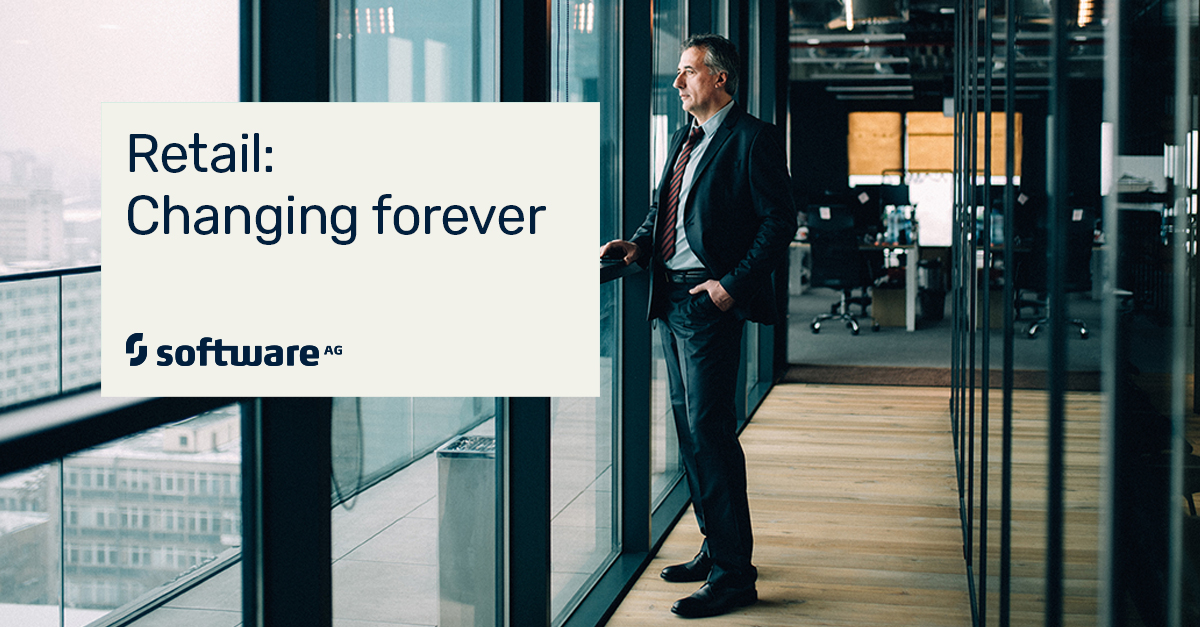Three ways retail will change permanently
The retail industry was changing before the virus, but now the virus is forcing that change. Here are three ways retail will change forever.


It’s morning and you are out of coffee. In fact, you don’t have anything to make for dinner tonight.
But there is a pandemic on, and all the shops are closed. You go to your grocery store website and it says you cannot get home delivery for two weeks – at least. What do you do?
This is the situation many of us were in when the pandemic shut down our shops. So… we adapted. We joined new online retail sites and ordered in advance. For printer paper, or a new pair of trainers, we shopped at Amazon.
We changed. But many retailers did not, and those without an online presence are now failing. This is not a temporary phenomenon. The retail industry was changing before the virus, but now the virus is forcing that change.
“It isn’t just an economic shock; it is a shock to customer behaviors and business models too,” said McKinsey.
Here are three ways retail will change forever:
- Online shopping will continue to grow, doubling over the next 12-18 months, as people continue to focus on safety. Those retailers without a strong presence online will not survive.
Retailers will:
- Invest strategically in online and omnichannel to build capacity and benefit from economies of scale.
- Overhaul and adopt more efficient processes and enable real-time responses, enabling supply chains to build capacity and grow market share.
- Find a way to make online profitable (The average online grocery order is about £80, but it costs the retailer £5 to pick the items and about £8 to deliver).
- Stores will be reinvented to deal with social distancing. Reducing shoppers’ anxiety and risk will go alongside brand affiliation, as customers seek the safest possible shopping experience.
Retailers will:
- Adopt robots and other automated technology deployed in-store to limit the number of people.
- Increase the use of Internet of Things and real-time store monitoring as ways to help with product availability and business visibility.
- Add immersive and mixed reality platforms like Hololens to voice assistants like Alexa, to aid shopping from home.
- Use robotics for delivery to reduce nthe need for person to person contact – something that protects workers and customers.
- Planning for the next crisis will be a top priority. Against a background of economic downturn, retailers will aim to minimize the impact of future peaks – or indeed any other events.
Retailers will:
- Better connect on-shelf demand signals to orders to limit shortages of some key grocery items.
- Use ecosystems to help provide elasticity of resources to meet demands.
This pandemic could well galvanize the retail industry and create a burst of innovation like never before. As Mckinsey said: “It could be that the decisions made during this crisis lead to a burst of innovation and productivity, more resilient industries, smarter government at all levels, and the emergence of a reconnected world.”
I for one am looking forward to helping build this truly connected retail world.